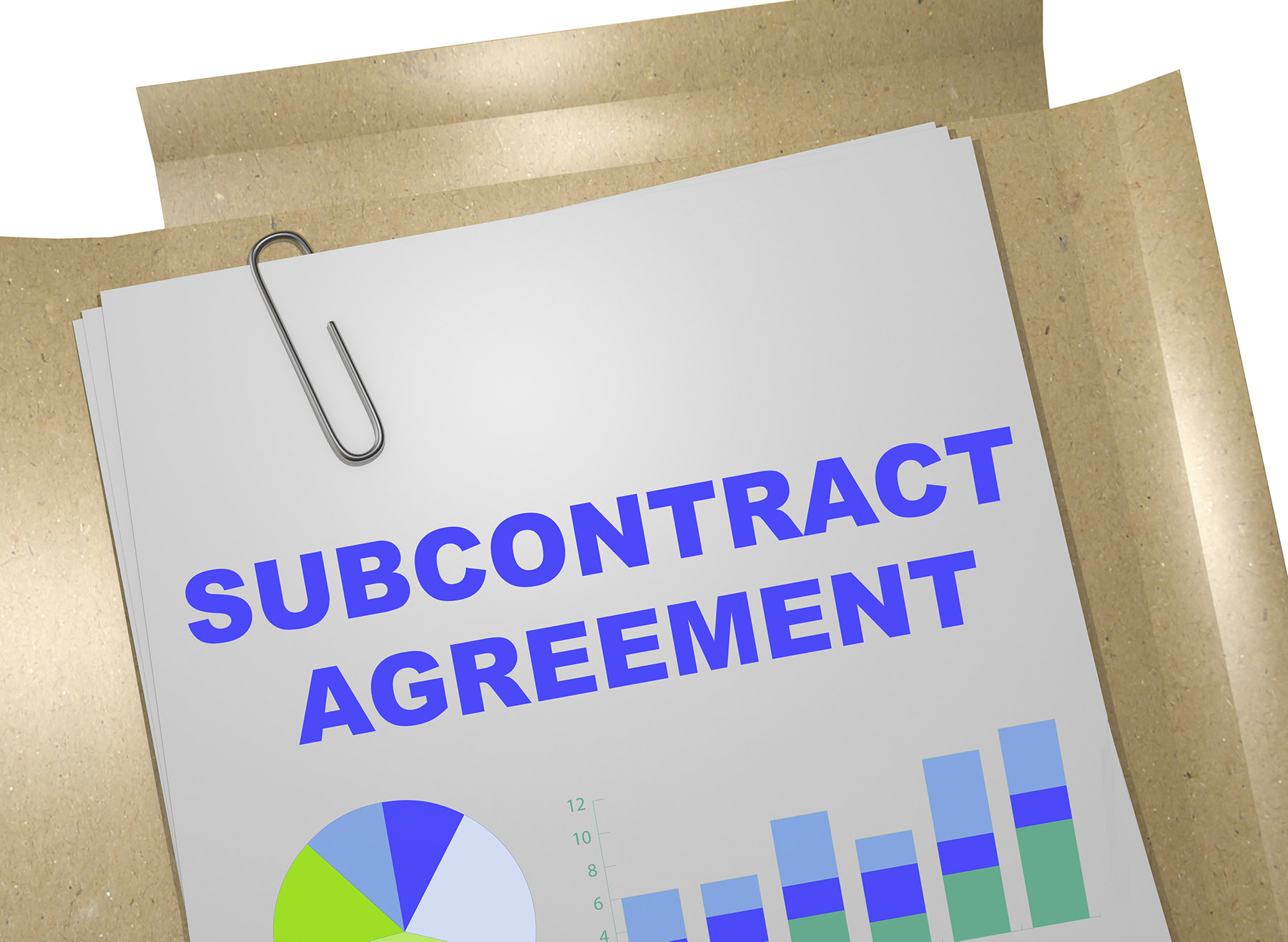

TCLF Owner and Managing Partner Karalynn Cromeens answers the question “Why should you negotiate your commercial subcontract?” I can remember the first time a read a commercial subcontract as a baby attorney, I thought it was better off to burn it and start from scratch than to try to fix it. It was the most one-sided document I had ever read. I soon found out that contractors signed these documents every day; they knew they were taking risks, but that is what they had to do to get to work.
I was absolutely shocked that no one was saying anything about how dangerous these commercial subcontracts are. That is why I wrote Quit Getting Screwed—as a warning about all of the bullshit that is in those contracts.
For years, commercial subcontractors were forced to sign a one-sided subcontract or not be able to work. Now contractors that do a good job are in short supply and general contractors must be willing to negotiate if they want to get the work done. Now is the time we as an industry can push back on these one-sided subcontracts being the standard.
First, you must understand all of the risks most commercial subcontracts ask your company to take. I know most those commercial subcontracts are impossible to read—and even if you do take the time to read them, you still may not understand the risk. The first step in our contract review process is to go through the whole contract and tell you what the risks are.
At The Cromeens Law Firm, we have extensive knowledge and understanding of construction contract laws and are licensed in Texas, Georgia, and California. We are often able to solve contract disputes for our clients through informal negotiations, mediation, or arbitration. Work with us to equip yourself with the ability to properly evaluate your risks before you sign and negotiate your next subcontract with greater confidence and ease.
Second, decide what risks your company is willing to take and which risks you would like to reduce. For example, if you are confident that you will finish your project on time, you are not worried about the risk of liquidated damages—so no need to negotiate that term. On the other hand, if your company cannot take the risk of having to cash flow your entire scope of work, than you need to negotiate the pay when paid clause.
Third, the reason why you should negotiate your commercial subcontract is to try to reach middle ground on a risk your company is not willing to take. What I find works best is: explain the risk and why your company can’t take that risk, and provide a suggestion to meet in the middle. If we use the pay when paid clause as an example, you would send an email to the PM or whoever emailed you the contract stating the following:
This subcontract has a pay when paid clause; as a company we cannot take the risk of having to cash flow our whole scope of work without getting paid. We propose the following addition to the subcontract: “If the owner does not pay general contractor within 30 days of subcontractor’s pay application to general contractor, and the lack of payment is not due to subcontractors’ actions or inactions, general contractor will pay subcontractor 50% of subcontractors’ pay application. Please let us know if you will agree to this change.
Fourth, update the subcontract with the suggested changes.
At TCLF, we can help you with all of the steps listed above—or we can do them for you. All of this is done for a flat fee and a 5-business day turnaround. What we recommend to our clients is to build the cost of a contract review and negotiation into your bid—that way when you get the job the cost is already covered.
Knowing how to protect yourself best is essential, especially when growing your business, and having a team to support you when you’re facing the potential of getting sued is a huge advantage. The Cromeens Law Firm team is here to help keep you out of the courtroom on the front end or help you win the fight inside of it. Contact us today and set yourself up for success with the support of a legal team.
This article is intended as a general educational overview of the subject matter and is not intended to be a comprehensive survey of recent jurisprudence, nor a substitute for legal advice for a specific legal matter. If you have a legal issue, consult an attorney.
Karalynn Cromeens is the Owner and Managing Partner of The Cromeens Law Firm, PLLC, with over 17 years of experience in construction, real estate, and business law. A published author and passionate advocate for contractors, she has dedicated her career to protecting the businesses her clients have built. Karalynn is on a mission to educate subcontractors on their legal rights, which inspired her books Quit Getting Screwed and Quit Getting Stiffed, as well as her podcast and The Subcontractor Institute.

